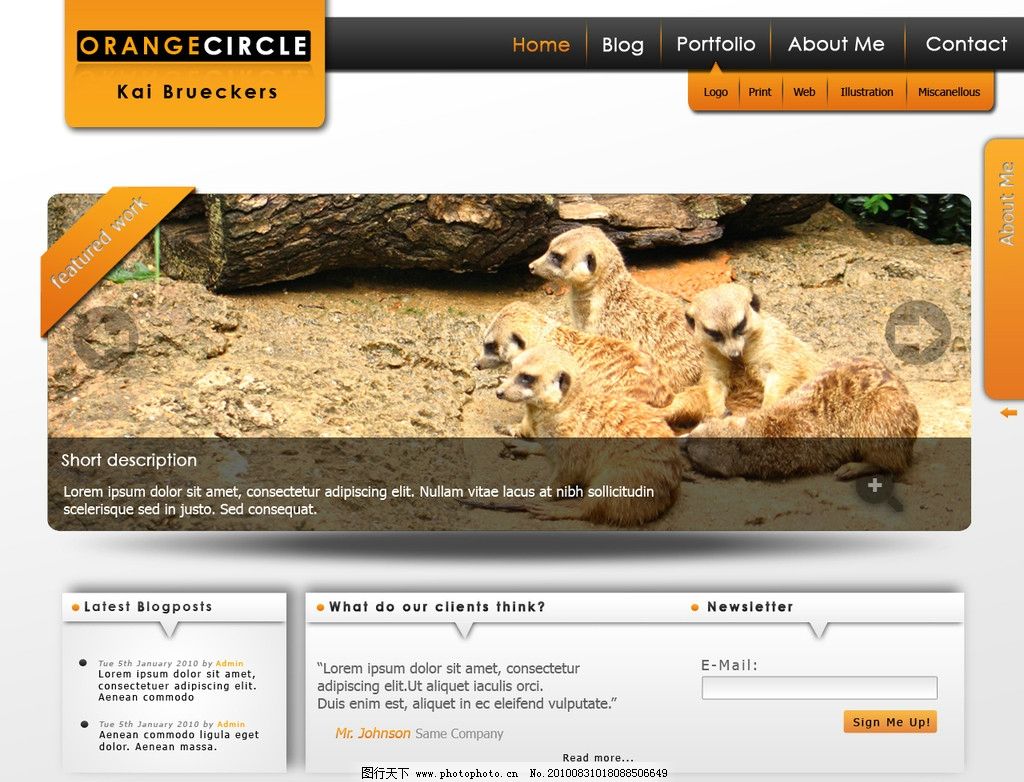
"Your trades are only as good as your timing." In forex trading, missing the right moment can mean watching profit slip through your fingers—sometimes within minutes. Every seasoned trader knows: the market isn’t random chaos. It breathes in cycles of news, data releases, central bank speeches, and geopolitical events. And the FX calendar? That’s your radar—your early warning system. Without it, you might as well be flying blind.
The FX calendar isn’t just a list of scheduled events—it’s a map of potential market earthquakes. It shows when key indicators—like Non-Farm Payrolls in the U.S., European Central Bank rate decisions, or inflation data from Japan—are hitting the headlines.
A real-world example: Imagine you’re holding a EUR/USD long position. It’s looking solid—trend is up, momentum is on your side. Then you look at the FX calendar and see that in 45 minutes, the Fed Chair is speaking about interest rates. One hawkish sentence could send the dollar surging and wipe out your gains. By knowing when to expect volatility, you can hedge positions, set tighter stops, or even sit out until the dust settles.
Anticipation over reaction. Traders who integrate the FX calendar into their workflow are playing chess while others are playing checkers. Instead of reacting emotionally when the market jumps, they’ve already planned their moves.
For prop traders—those trading with firm capital—it’s even more critical. Firms watch risk metrics like hawks. Missing one high-impact event can break risk limits in seconds. A disciplined prop trader syncs their strategy with the FX calendar, creating windows for aggressive trades and periods for defensive positioning.
Here’s the catch: economic events that rock the forex market often ripple into other assets—stocks, crypto, indices, commodities, even options. Take U.S. CPI data: a surprise inflation surge might pump USD but slam tech stocks as investors factor in higher interest rates. Crypto markets? They’re no longer isolated—Bitcoin often reacts to big macro shifts. By reading one calendar, you’re actually front-running moves across multiple sectors.
It’s not only about knowing the dates—it’s about linking the dots between assets. Multi-asset traders who do this well can build diversified plays: short the euro, hedge with commodities, or ride volatility in Nasdaq futures—all triggered by one event.
The FX calendar has always been tied to centralized entities—like governments and central banks—but DeFi (decentralized finance) is rewriting some rules. In decentralized markets, information moves differently—through community governance proposals, smart contract votes, and protocol updates. Those aren’t usually on a traditional FX calendar. Traders adapting to DeFi must track both macro calendars and on-chain governance schedules.
Challenges? Decentralized events can be less predictable. Smart contracts can execute instantly, without warning beyond a voting deadline. Integrating blockchain-specific alerts with your FX calendar workflow is becoming part of the modern trader’s toolkit.
AI-driven trading models already scrape economic calendars, news feeds, and social sentiment to make microsecond trade decisions. In the future, imagine an FX calendar that’s not static—it’s predictive, using AI to forecast impact probability for each event.
Smart contract trading—where orders trigger automatically if certain economic criteria are met—is also emerging. That turns an FX calendar from passive reference into an active execution partner. For prop trading firms, this could mean fewer human errors, tighter risk control, and faster strategy shifts.
With prop trading firms expanding beyond forex into stocks, crypto, commodities, and options, the FX calendar becomes a central planning tool—not just for currency pairs but for broad economic sentiment. As AI and smart contracts merge with trading desks, speed and precision will define the winners.
Slogan for the modern trader: "Know the date, own the trade." In a market where timing is leverage, the FX calendar isn’t just important—it’s survival. Ignore it, and you’re gambling. Use it well, and you’re strategizing with tomorrow’s playbook today.